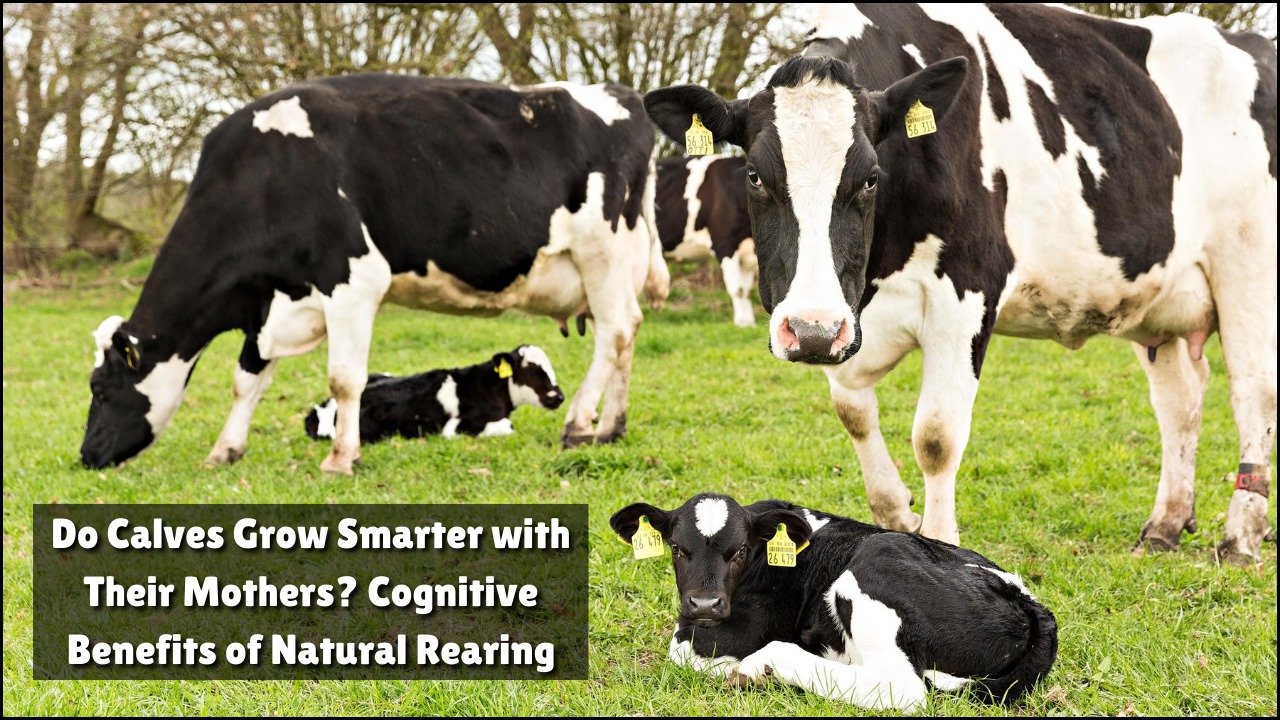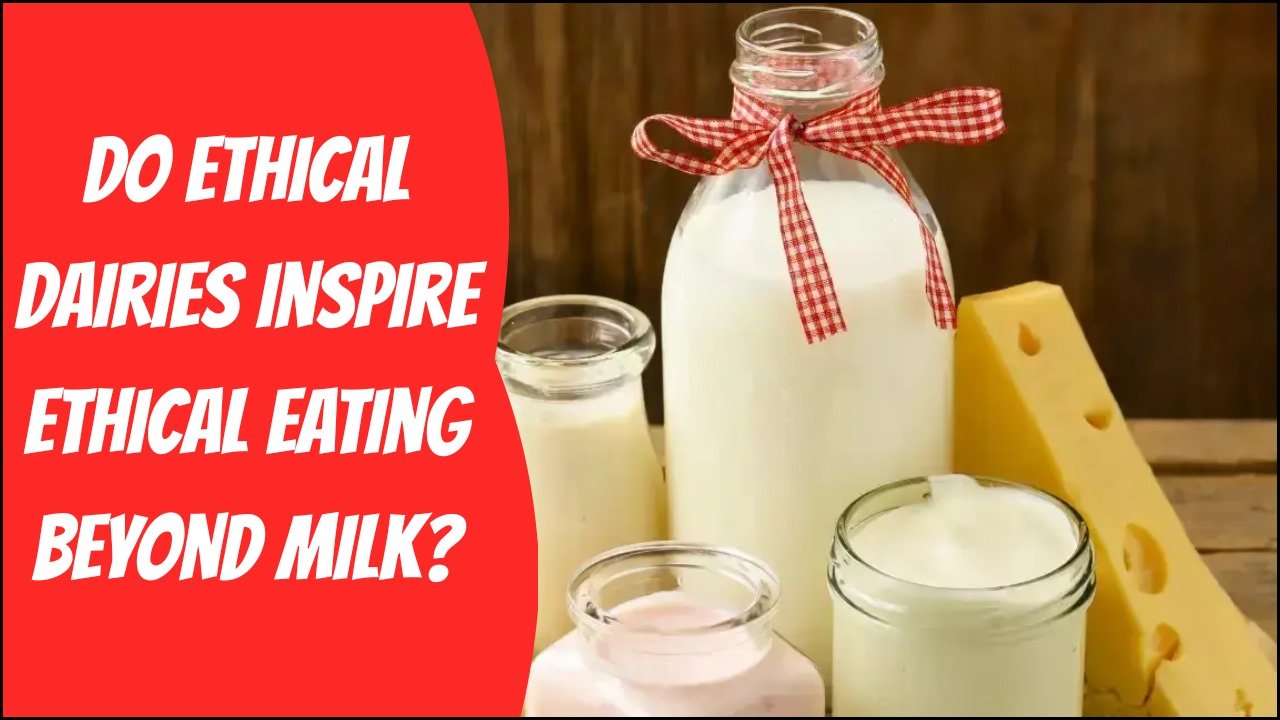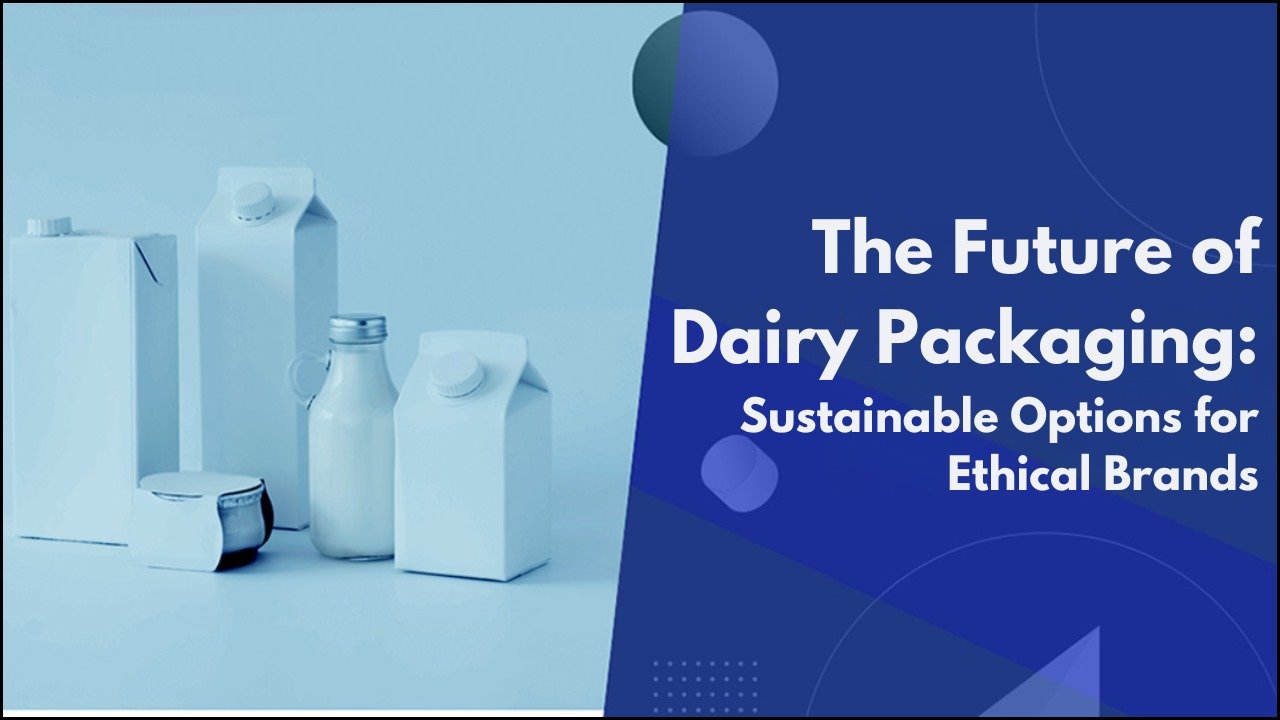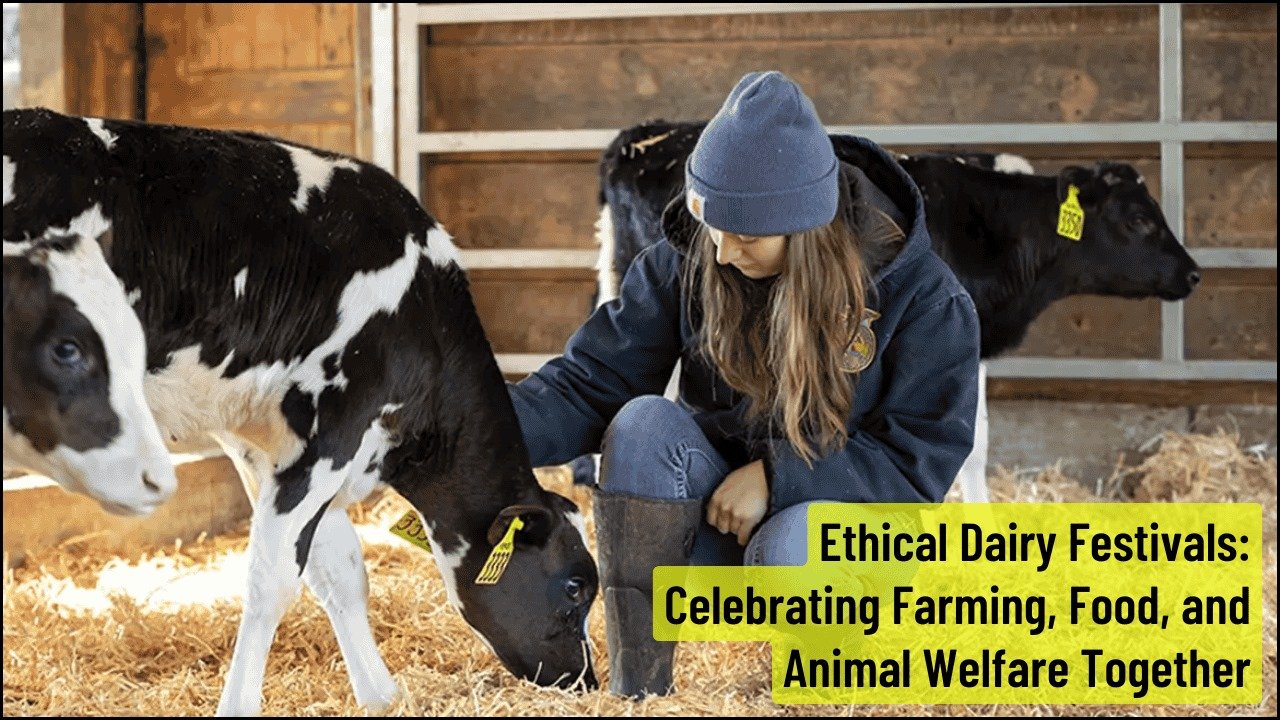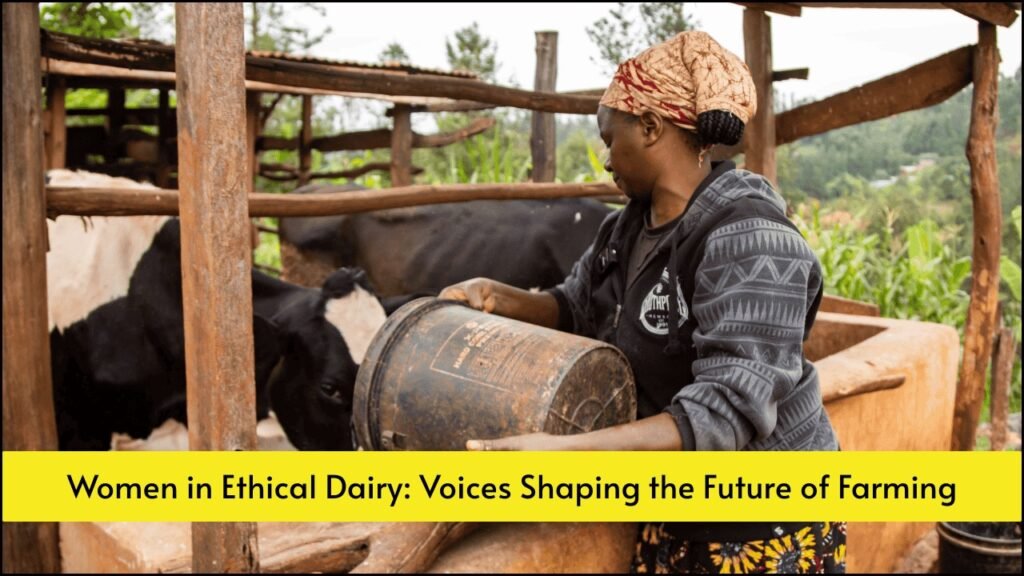
Ethical dairy farming is about more than just milk production. It represents a way of farming that values animal welfare, sustainability, and community trust. Within this movement, women have become some of the most influential voices, reshaping how farms are run and how dairy products are connected to consumers.
Traditionally, farming was seen as male-dominated, but women have always been present in the background. Today, their role is increasingly visible, and their contributions are critical to the success of ethical dairies.
Table of Contents
Overview
| Key Aspect | Contribution of Women | Impact on Ethical Dairy |
|---|---|---|
| Animal Welfare | Compassionate daily care | Healthier and less stressed cows |
| Sustainability | Promoting eco-friendly systems | Reduced environmental impact |
| Leadership | Managing farms and cooperatives | Stronger ethical direction |
| Community Engagement | Building transparency with consumers | Greater trust in dairy products |
| Entrepreneurship | Developing artisanal dairy brands | Expands ethical dairy markets |
Why Women Are Vital in Ethical Dairy
Women bring unique strengths to farming, combining practical skills with values of compassion and sustainability. Their influence is felt in several key areas:
- Animal care – Gentle handling and close observation help improve welfare.
- Sustainability – Women often champion eco-friendly approaches such as rotational grazing and herbal remedies.
- Community trust – By sharing stories and engaging with consumers, they strengthen confidence in ethical farming.
- Leadership – More women are now managing farms and guiding cooperatives with a long-term focus.
Women and Animal Welfare
A defining feature of ethical dairies is their focus on welfare, and women play a leading role in this area. Many are directly involved in calf rearing, milking routines, and health checks, ensuring animals are treated with patience and care. Their empathetic approach builds stronger bonds with animals, resulting in healthier herds and improved milk quality.
Sustainability and Future Farming
Women are also at the forefront of making dairy more sustainable. Many advocate for practices that protect both animals and the environment, such as soil-regenerating grazing, herbal remedies instead of heavy drug use, and renewable energy adoption. These actions help ethical dairies align with climate goals while keeping farming viable for future generations.
Leadership and Consumer Connection
Beyond hands-on care, women are taking leadership roles in farm management and cooperatives. Their leadership styles often emphasize cooperation, transparency, and long-term planning. Many also bridge the gap between farm and consumer, using markets, tours, or social media to show how ethical dairy products are produced. This builds trust and adds value to the farm’s products.
Challenges Women Still Face
Despite progress, women in farming face challenges. Access to land and finance remains more difficult for women than for men. Balancing farm responsibilities with family duties is another obstacle. Representation at policy-making levels also lags behind, limiting their influence in shaping broader agricultural strategies. Addressing these barriers is essential for a fairer, more inclusive future.
Conclusion
Women are no longer hidden contributors in dairy farming—they are leading the way in making dairies more ethical, sustainable, and trusted by consumers. Their role in animal care, environmental protection, and community engagement is transforming the sector into one that reflects both compassion and innovation.
As ethical dairies expand, ensuring women have equal opportunities, recognition, and support will be vital. Their voices are not just helping farms today but are shaping the future of farming itself.
FAQs
1. How do women influence animal welfare in dairies?
A = They provide daily hands-on care, ensuring cows and calves are treated humanely.
2. Why are women important in sustainable dairy farming?
A = They often lead eco-friendly initiatives that balance productivity with environmental care.
3. What challenges do women in ethical dairies face?
A = Limited access to land, finance, and leadership roles are the biggest hurdles.


